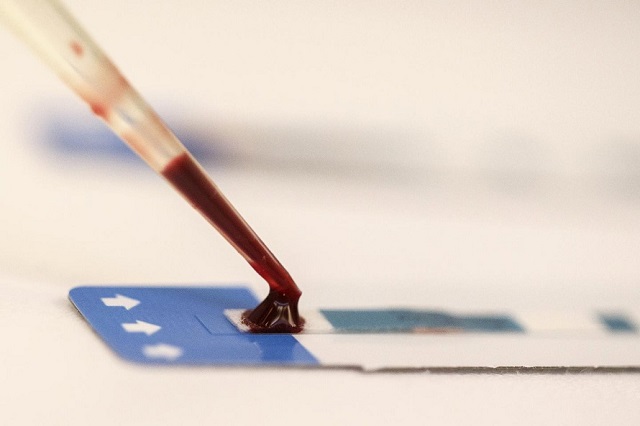Government embarks on decentralisation of HIV services

Tinomuda Chakanyuka and Mirirai Nsingo in Abidjan, Cote d’Ivoire
THE Ministry of Health and Child Care, with the support of The Global Fund, has acquired 100 HIV point of care (POC) machines worth over $5 million as part of efforts to decentralise HIV services and increase access of the same to people in remote areas countrywide.
An additional consignment worth about $1 million has also been acquired by the National Aids Council (Nac).
The machines, SAMBA 1 and 2 were acquired from Diagnostics for the Real World, (DRW) a research institute based at Cambridge University in the UK.
Point of Care refers to availability of prompt diagnosis and prompt treatment at a health facility as opposed to the widely used centralised system which has a longer turnaround period between diagnosis and intervention.
With the newly acquired technology, health care workers will now be able to test, counsel and initiate patients on treatment on the same day at one health care facility without referrals.
The state-of-the-art machines, which can carry out viral load testing and Early Infant Diagnosis (EID) of HIV, are expected to help accelerate the country’s drive towards the 2020 targets to end Aids.
In an interview yesterday, Head of the TB and Aids Unit in the Ministry of Health and Child Care, Dr Owen Mugurungi, said the machines will be distributed to 25 selected sites across the country’s 10 provinces.
He was speaking on the sideline of the ongoing International Conference on Aids and STIs in Africa (ICASA) in Abidjan, Cote d’Ivoire.
Dr Mugurungi said by reducing the turnaround time between diagnosis and intervention, the machines will help reduce loss-to-follow-up case where patients get tested but do not come back to collect their results.
He said the machines will be used primarily for Early Infant Diagnosis of HIV.
“Ideally these machines have been identified for the Early Infant Diagnosis (EID) programme where we have prioritised the issue of knowing the status of those exposed babies or babies that are born of HIV positive mothers.
We want to know within three days of delivery whether or not an HIV positive mother has transmitted the virus to the baby and if so, then the baby would be put on treatment immediately,” he said.
At present, testing for HIV in infants is done at six weeks and results come out after about 10 weeks and in most remote areas where there are transport challenges, parents do not follow-up on the results leading to delayed interventions.
A pilot project of the SAMBA machines was carried out at Rujeko Clinic in Dzivarasekwa High Density suburb and Hatcliffe Clinic in Harare, where the results were reportedly remarkable.
Principal Laboratory Scientist in the Ministry of Health and Child Care Mrs Sandra Chipuka who oversaw the project, shared some of the results of the pilot project during a symposium on the sidelines of ICASA, drawing interests from other countries represented at the conference.
Director laboratory services Mr Douglas Mangwanya said the latest machines will complement the conventional viral load testing machines that are available at all district and provincial hospitals.
“We have viral load machines at all district and provincial hospitals and these point of care machines will be put on sites where patients cannot easily access provincial hospitals.
“For us to reach the 90-90-90 targets we have to increase access to these services, and that’s what we are doing, as a matter of policy,” he said.
Dr Mugurungi added that apart from the SAMBA machines, the Government wanted to also increase the capacity of Gene-Expert machines at all hospital so that they are able to carry out viral load testing.
Gene-Expert machines are presently being used for TB screening.
Dr Mugurungi said efforts were also being made to explore other technologies that will help the country decentralise HIV services to attain the envisaged goals of ending Aids by 2020.
Zimbabwe has been a torchbearer in the fight against HIV in Africa and will be the first country in the world to use the SAMBA point of care technology.











Comments